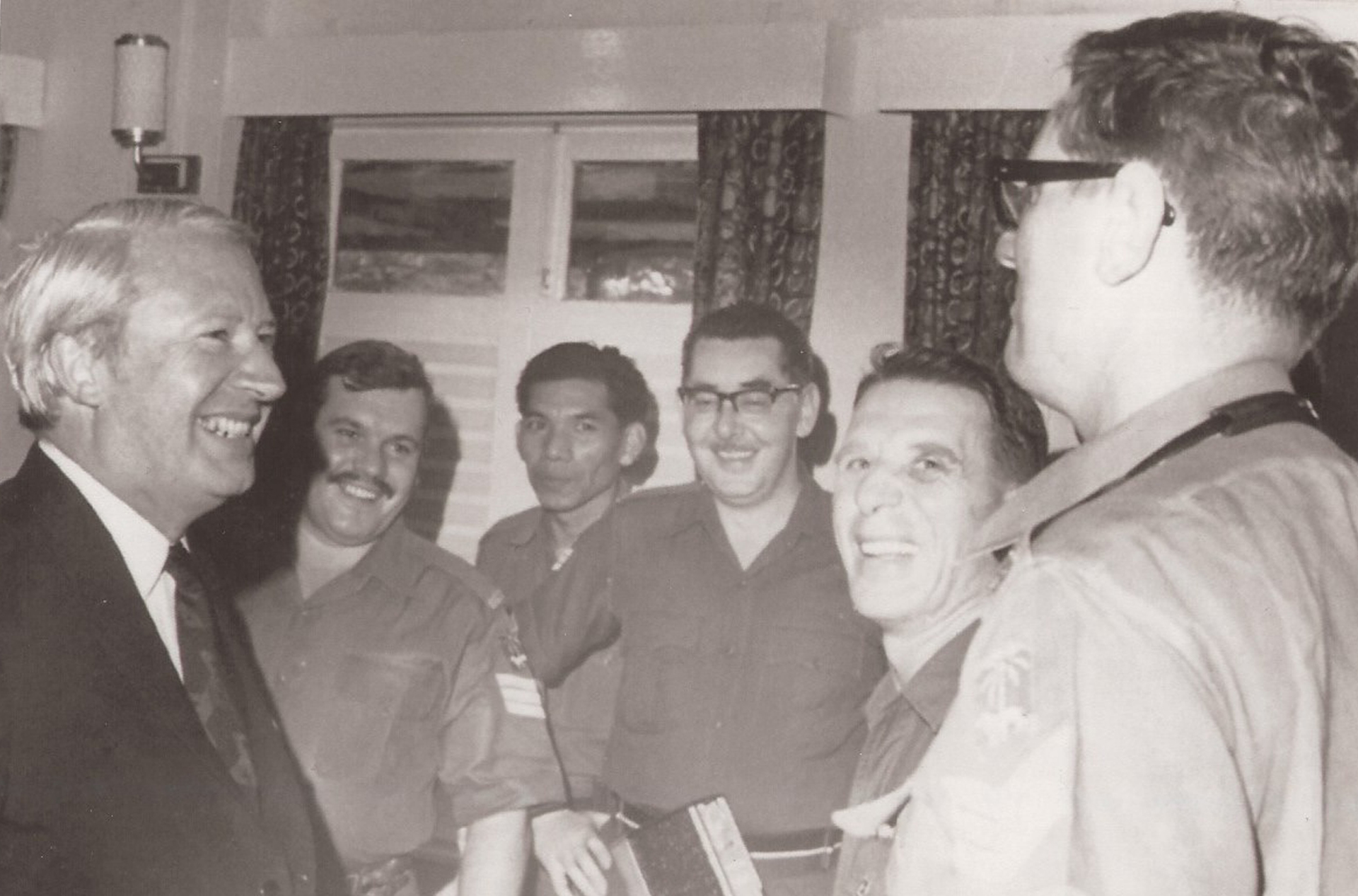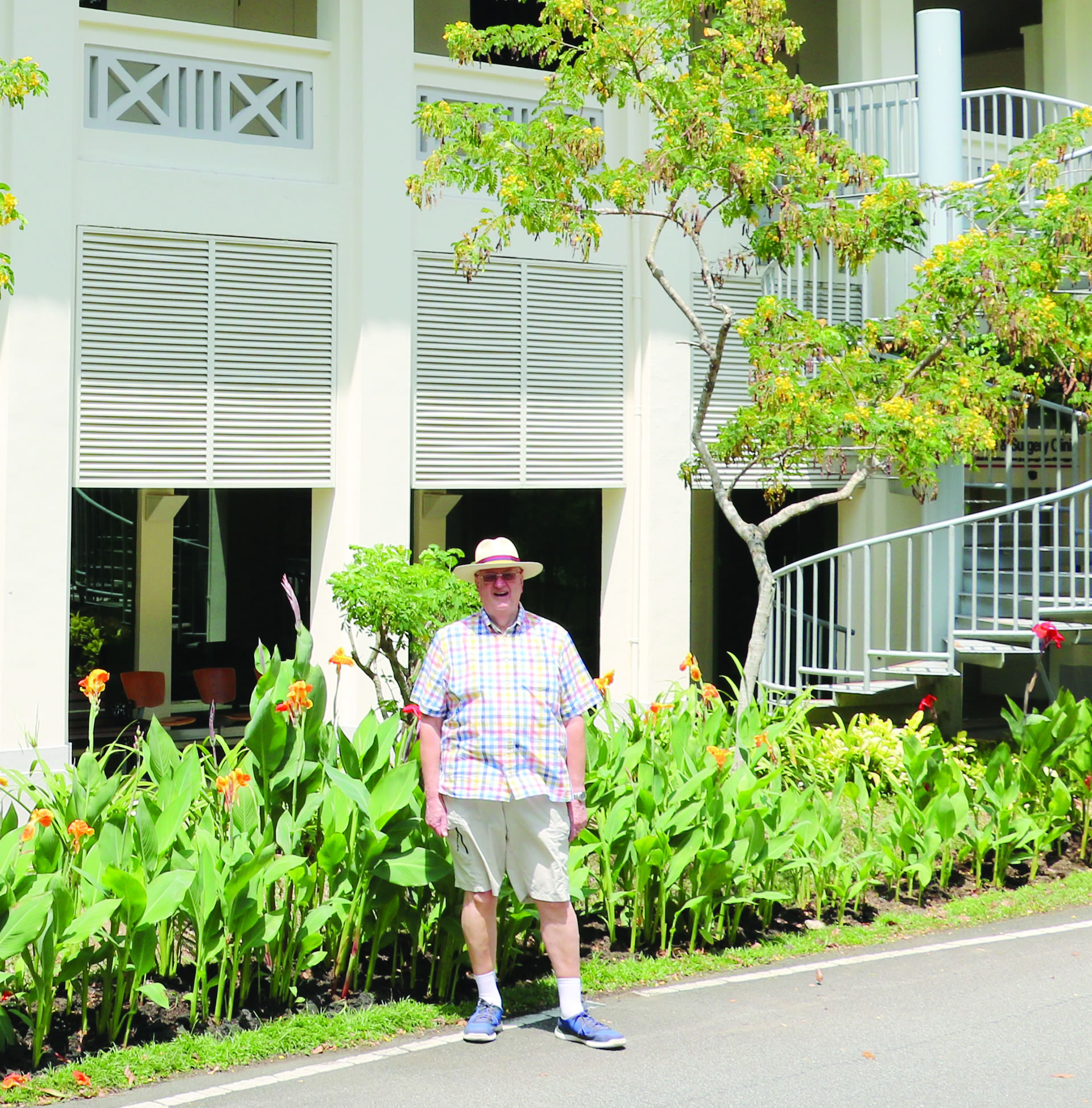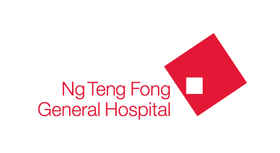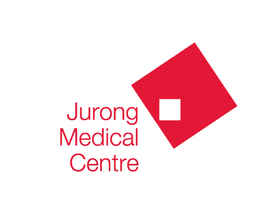As a National Heritage site with over 80 years of rich history oral archives, Alexandra Hospital (AH) is often remembered for its dark ages during WWII, but over the years, people with connections to the hospital’s past – veterans, their family members, descendants and offsprings of the soldiers and military, military personnel and former staff, have returned to revisit and seek closure.
My wife got out of the car and fell straight into a monsoon drain; not a particularly dignified start to our time here.
These welcomed guests hold deep insights and have helped the hospital to join the dots, and piece together the missing pieces from 1938, WWII to Sep 11, 1971 when the hospital was handed back to the Singapore Government.
The hospital’s purpose is simple; to preserve and enrich AH’s history for our generations now, and also share the future of AH’s care model on a care journey built on such rich healthcare foundation.
The month of March saw a former British army veteran who worked at AH more than 50 years ago made his way down memory lane, at his old workplace.
Reverend Father (Rev Fr) John Harvey’s journey to Singapore began about nine years into his military career in the Royal Army Medical Corps (RAMC). In 1968, Britain announced her intention to gradually pull her forces out of Singapore, but that did not deter Rev Fr John from requesting to be flown to the Far East. His request was granted, and he was brought along with his family on a Royal Air Force VC10. “It was a novelty for myself and my family to fly on a VC10, because it was then a new aircraft,” he said.
After pitstops in Bahrain and the Maldives, Rev Fr John and his family stumbled into Singapore, quite literally. As he explains, “My wife got out of the car and fell straight into a monsoon drain; not a particularly dignified start to our time here.”

But as quickly as he came, the then 25 year-old Sergeant Harvey eased into his new role as a laboratory technician almost immediately, at the future Active Health Lab at Block 24. It was then known as the Central Pathology Laboratory - Far East Land Forces, and Rev Fr John recalls having to provide pathology services for not just local cases, but also various requests from the region. Being one of the busiest military hospitals in the Far East meant that AH had to handle cases from military hospitals in Malaysia, and even Hong Kong. “We treated a lot of Australians... we saw a lot of malaria (cases) that the Australians had contracted in Vietnam.”
The Plymouth-born Anglican priest also fondly remembers the time when commercial activity was bustling, right outside the hospital, at an area known as the Dip. “We would buy all our souvenirs, camphor wood chairs, leather goods, all kinds of things.”
Still, the most memorable event of all happened within the grounds of AH in 1971. Shortly after his discharge from the orthopedic ward (Ward 12), Rev Fr John was designated as a race official at a sailing event, where he would end up disqualifying a participant for making a false start. That participant would end up meeting him days later at the Sergeants’ Mess (now Block 14), and out of all people in the world, it turned out that the ‘victim’ of disqualification was none other than then-British Prime Minister Sir Edward Heath! PM Heath tapped Rev Fr John on the chest, and in a playful scolding tone, said, “You’re the young man who disqualified me in the race!”
Even though he retired 21 years ago, holding a final rank of Lieutenant Colonel, the 76 year-old, who has also had postings to Germany, Kuwait, and Hong Kong, still vividly remembers the layout of the hospital, and the many faces of whom he served with here. “(Those were) happy days, happy days,” he muses.












